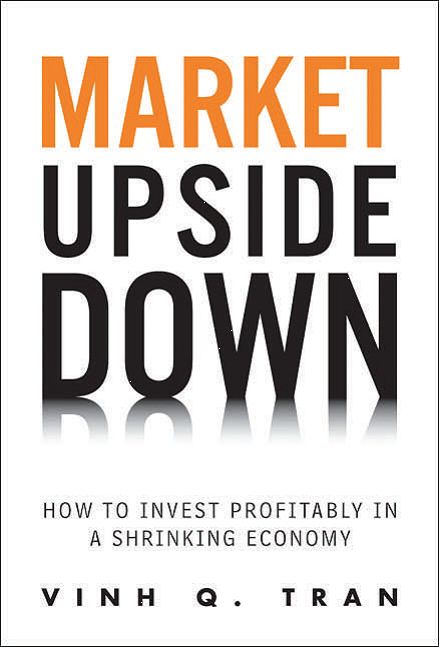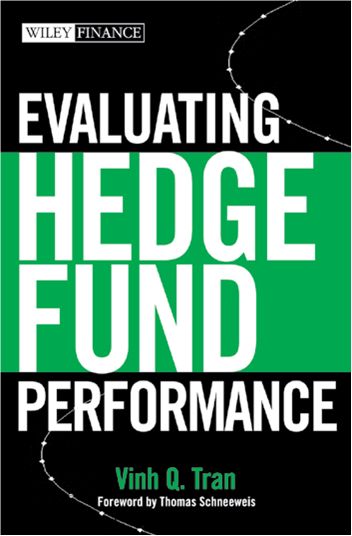December 15, 2010 – On November 3, the Fed announced after its policy setting Federal Open Market Committee meeting that it was launching the second phase of quantitative easing, with purchases of up to $600 billion in Treasury bonds through the first half of 20111.
Although QE2, as it is referred to, is much less than the first round of $1.75 trillion between 2009 and 2010, the Fed’s latest move came to immediate criticism from all circles.
Apart from the tenth District Federal Reserve Bank President Thomas Hoenig who dissented, Governor Kevin Warsh warned of “significant risks” including the potential of leading to excessive inflation. He also doubted the program would create “significant” or “durable benefits” for the economy. Comments from European capitals were particularly harsh. "What the U.S. accuses China of doing, the U.S.A. is doing by different means," said German Finance Minister Wolfgang Schaeuble. French Finance Minister Christine Lagarde said in an interview with the Wall Street Journal a couple of days later that the fresh quantitative easing would inevitably result in an appreciation of the euro.
Brazilian Finance Minister Guido Mantega called the Fed's policy "an error." "It is doubtful the Fed decision will produce any results," he predicted. "Throwing money out of a helicopter doesn't do any good," Mr. Mantega dryly commented.
China was also angry. "Many countries are worried about the impact of the policy on their economies," Vice Foreign Minister Cui Tiankai, China's top G-20 negotiator, told a news briefing in Beijing. "It would be appropriate for someone to step forward and give us an explanation,” he demanded. Chinese central bank adviser Xia Bin called the Fed move "uncontrolled" money printing.
China’s credit rating agency Dagong Global Credit Rating Group, which began rating sovereign debt in July, and vied to be an alternative to Standard & Poor's Corp., Moody's Investors Service and Fitch Ratings, downgraded U.S. debt to A+ from AA . The Chinese agency has ranked China’s government debt higher than that of the U.S. and Japan. This time, it cited "Serious defects in the United States economic development and management model [which] will lead to the long-term recession of its national economy, fundamentally lowering the national solvency” as reasons for the downgrade.
On Wall Street, bond traders also reacted strongly, pushing 10-year Treasury rates from 2.53% on November 4 to 3.5% as of yesterday. However, in the foreign exchange market, the euro weakened sharply, from the high of $1.428 to as low as $1.297 at the end of November, a continuous decline of over 9%. The dollar also rallied against the yen, from ¥80.5 to ¥84.2 during the same period. Both currency and bond traders apparently anticipated stronger economic growth in the U.S., enhancing the value of the dollar while pushing bond yields up.
The real yield on 10-year inflation-indexed Treasury bonds, TIPS, also surged higher, from 0.44% on November 4, to 1.1% currently, reflecting higher inflation expectations.
Higher inflation is what the economy needs!
A scholar of the Great Depression, Chairman Ben Bernanke has been particularly concerned about the deflationary spiral that would cause the economy to collapse like in 1929, or worse, to slip into a prolonged malaise like Japan since 1990.
As experienced in Japan, once the deflationary psychology has set in, it becomes extremely difficult to reverse, through fiscal stimulus, zero interest rate policy, or money printing. After the peak in December 1989, the Japanese stock market has been steadily declining while its economy continued in the doldrums. Delayed actions to stimulate the economy by the Japanese government, fiscally and monetarily, have turned out to be too late to have much effect on its economy. In the meantime, the unemployment rate rose substantially, years of CPI deflation ensued, and its national debt has soared to twice the size of its economy.
As hopes of a Japanese recovery seemed to be fading during this summer, after three straight quarters of GDP expansion, amid a stronger yen and the expiration of government subsidies, the Japanese government stepped in, throwing a double lifeline to the economy. In August, the central bank unveiled a new six-month low interest loan program to financial institutions, increasing the pool of such funds available to banks to $355 billion. The government also launched a new economic stimulus package worth $10.9 billion.
The financial markets appeared to be under-whelmed by these measures, however. "There seems to be a sense of fatalism," noted a report by Macquarie Securities. "The BOJ continues to play the same old game of making incremental, but ultimately meaningless policy change, in response to political pressure."
Well aware of the need for “national policy responses [to be] forceful, timely, and mutually reinforcing,” at the Fed's annual conference in August, Chairman Bernanke said the Fed “will do all that it can to ensure continuation of the economic recovery…” The Fed has “policy options for the future should the recovery falter or inflation decline further,” including additional purchases of long-term debt securities, he continued.
On November 19, at the Sixth ECB Central Banking Conference in Frankfurt, he defended QE2, saying, “the [Federal Open Market] Committee seeks to support the economic recovery, promote a faster pace of job creation, and reduce the risk of a further decline in inflation that would prove damaging to the recovery.” “Importantly, the Committee remains unwaveringly committed to price stability and does not seek inflation above the level of 2 percent or a bit less that most FOMC participants see as consistent with the Federal Reserve's mandate,” the Chairman continued.
The Chairman has followed up on his words, and the financial markets are giving him the benefit of the doubt.


